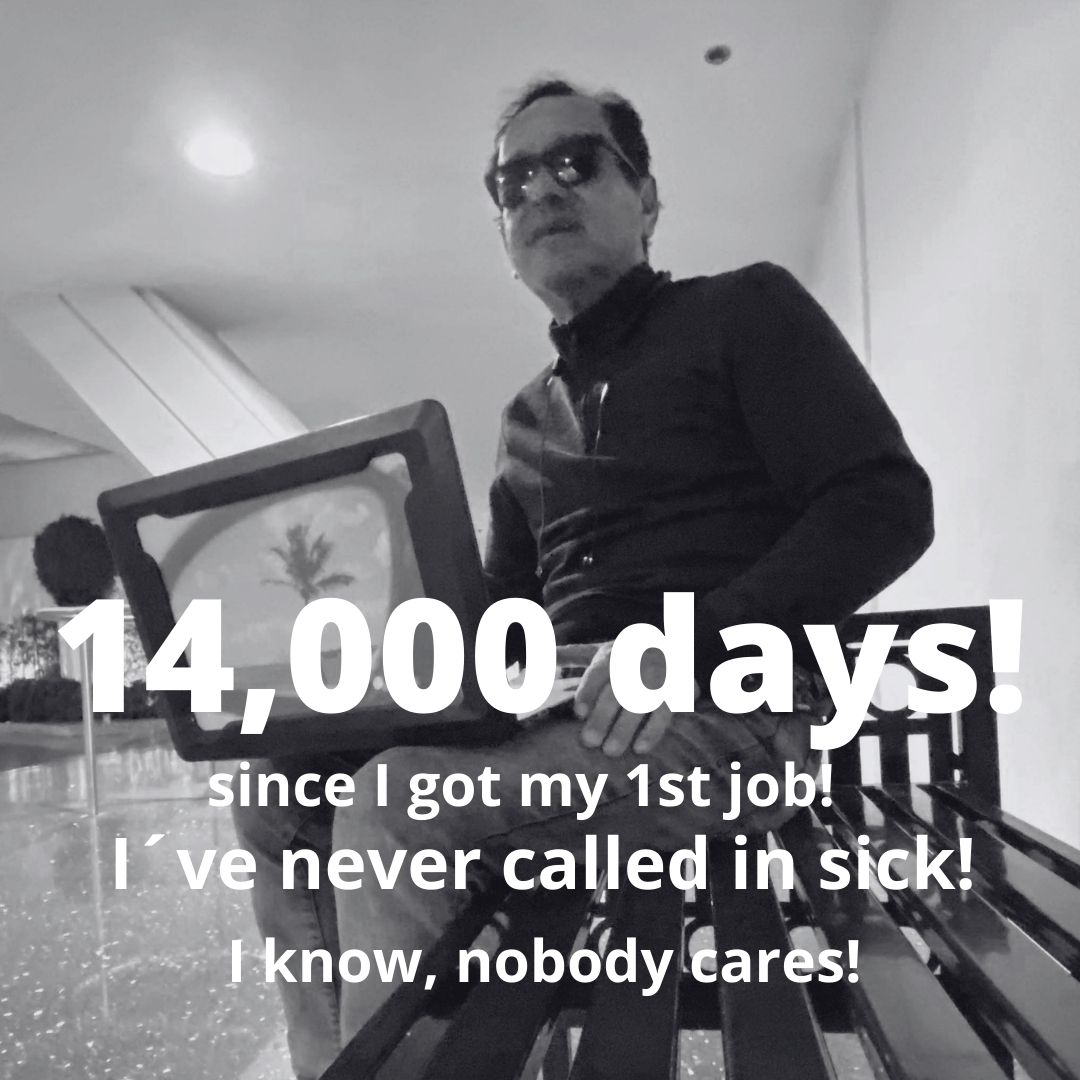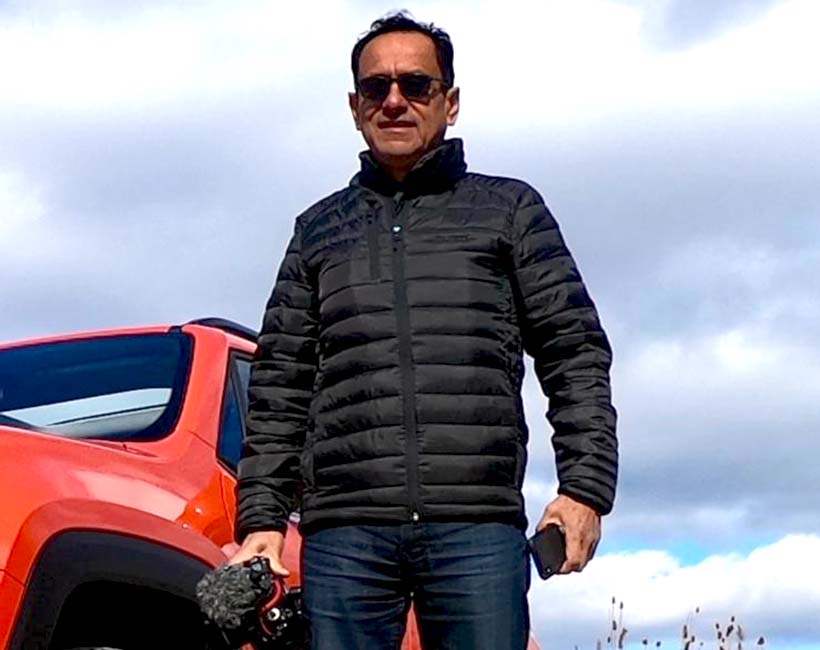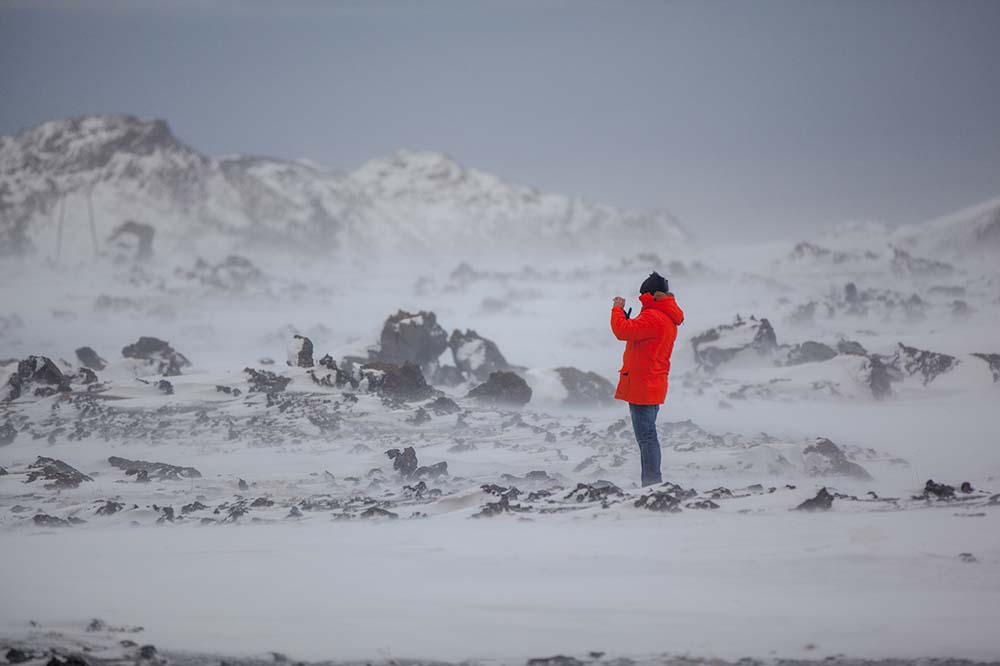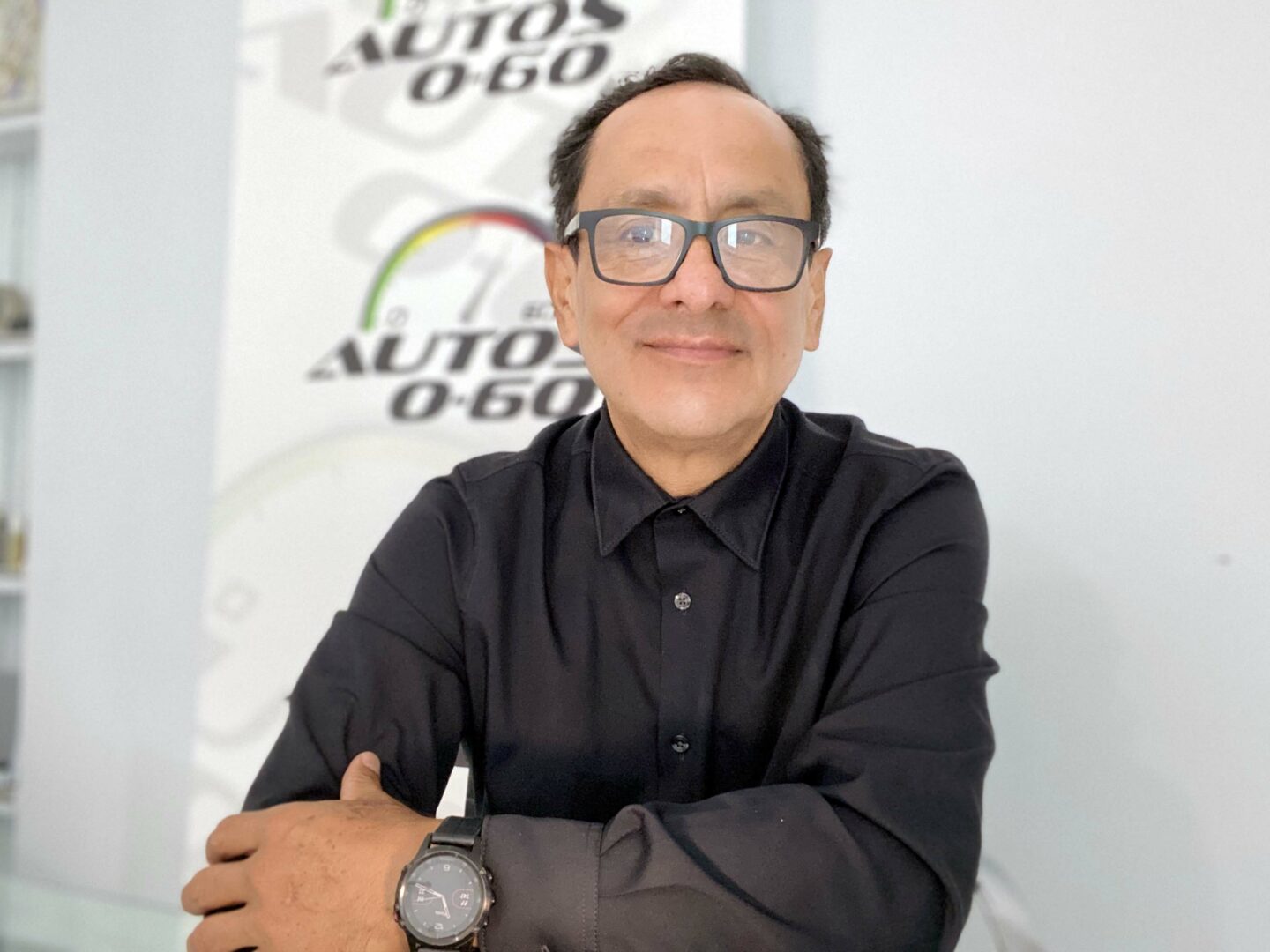We’re looking forward to introducing you to Javier Mota. Check out our conversation below.
Javier, it’s always a pleasure to learn from you and your journey. Let’s start with a bit of a warmup: What is a normal day like for you right now?
There are no “normal” days in my life. I travel around the world testing new cars, visitng factories, driving on race tracks. I am aproaching 5 million miles flow on American Airlines alone. Does that sound “normal”?
Also, I am not a car enthusiast by nature. I never dreamed of racing in Formula 1, nor did I grow up with posters of Ferraris or Lamborghinis on my bedroom walls.
My first experiences behind the wheel of a car, an AMC Eagle Station Wagon with a manual transmission on the steering column, began when I was about 13, but they were more practical than exciting. Cars, for me, were and always have been a means to an end, not the end in themselves. It doesn’t matter if it’s a Porsche AG 911 or a Toyota Motor Corporation Corolla.
What motivates me is what automotive journalism offers; the people I meet, the stories I discover, and the places I’ve been able to visit during nearly 25 years of traveling around the world.
Every trip or assignment is a new chapter that leads me to meet fascinating people and stories. Whether it’s a presentation at an Auto Show or a quiet conversation with a designer in a studio, I love uncovering the different layers of the industry, understanding what makes it tick, and most importantly, sharing that knowledge with my audience.
For me, cars are simply the vehicle – literally and metaphorically – through which I get to live in a world of new experiences every day that I would never have otherwise encountered. They serve as the backdrop to the larger story – the human connections, diverse perspectives, and unexpected adventures I get to document.
I enjoy telling those stories, not so much as the mechanics or aesthetics of the cars themselves. So while others might find joy in the roar of an engine or the gleam of chrome, my satisfaction is in the journey. Again, I don´t have “normal” days and you can say I am not normal myself.
Can you briefly introduce yourself and share what makes you or your brand unique?
In mid-2000, one of my job duties was to build editorial teams to launch the Univision.com site, which followed the America Online format with content on topics as diverse as gardening, movies, sex and technology.
When it came time to launch the Autos channel, I thought I had the perfect candidate: a news editor fresh from La Opinión in Los Angeles, who had just arrived at our new Miami operation.
However, fate had a surprise in store. Instead of taking the opportunity, he declined the assignment, citing his passion for journalism focused on global politics and economics. He soon resigned and accepted a position at America on Line AOL, from where he took off on his own path to success.
What initially seemed like a setback eventually became the catalyst for an opportunity that changed our lives.
With the urgency of launching the Autos channel, I had no choice but to start it myself, even though I was never passionate about the subject. I was forced to do it in parallel to my main position as Editor-in-Chief of the Sports channel, a subject that I was not crazy about then and even less so now.
For me, what I have always liked is the work itself, not a particular subject. Many say that I am just a workaholic.
It was 6 years of juggling dealing with upper management bureaucracy, supervisors who did not understand or help us do what we did, and the demands of two channels with content for two completely different audiences.
Those juggling acts, which ultimately turned out to be transformative, lasted until I returned to Miami after coordinating coverage of the 2006 Germany World Cup for Univision.com. That’s when I left Sports altogether to devote myself exclusively to covering cars. Somebody asked me the other day:
When did you know you were really good at what you do?
The question surpriesed me a bit, because I don´t think I am even average at what I do. But I guess I am not afraid of a challenge and once I decide to do somenting I do it to to a 120%.
Some might say I´ve actually had been irresponsible at accepting new roles even without experience in that particular field. For example, I covered Major League Baseball for 5 full seasons without even attending a single game in my life and I finished writing the first-ever Spanish-language official World Series Book.
I now cover the automotive industry and started by accident. I don´t even like cars that much, but I am 1 of 100 journalist in the world who get to vote for Car of the Year, Again, I just decide to do something and go!
Okay, so here’s a deep one: What was your earliest memory of feeling powerful?
I wouldn´t call it powerful. But about 10 years ago I was interviewing the Ford Mustang Chief Engineer during a press event in Los Angeles. At the time, i was hosting a bilingual show on Sirius XM Radio and I told him that the interview was going to be while driving and would last 10 minutes. We went out in a manual-transmission car, in LA traffic and when I hit the stop button, the video camera marked 9 minutes and 58 seconds. He was so surprised and and ask me: “How do you do that!? How do you keep track of the time? Keep the conversation going? Pay attention to traffic? And do it in what´s not you first language?”
I thought for a minute and asked him back: How do you engineer the Ford Mustang?
The point here is that when you put all your effort in what you do, most likely you will end up with good results and people will notice that.
Is there something you miss that no one else knows about?
I guess I missed the opportunity to become and Architect. When I was about 8 years old I wanted to do that, but I thought you needed to be good at Math to do that, As, I learned much later, Architecture has more to do with being a good salesman of your idea that with Math calculations. If you design something and can convence the civil engineers to build it you would be a success. I am still horrible at Math.
Alright, so if you are open to it, let’s explore some philosophical questions that touch on your values and worldview. Is the public version of you the real you?
I wouldn´t think so. Most people see me as a confident person, but I am always afraid of my mistakes, Someone told me once I suffer from the “Impostor Syndrome” But again, I try harder that the rest and I guess that´s why people think I am good at what I do.
Let me share here Jerry Perenchio´s part of the 20 Rules of the Road, which I got to know when I worked at Univision. The ones that inspire me are:
Hire people smarter and better than you. Delegate responsibilities to them. Doing so will make your job easier.
You’ve go to know your territory. Cold.
Do your homework. Be prepared.
Teamwork.
Take options, never give them.
Rely on your instincts and common sense. If you go against.
No surprises. We don’t give them. We don’t want to get them.
Never lose sight of what business you’re in. Stick your “last”.
If you have a problem, don’t delay. Face up to it immediately and solve it.
Loose lips sink ships!
Supreme self-confidence, never arrogance.
A true leader is accessible – no job too big, no job too small.
Communication is our business. You can reach any of your associates anytime, anywhere, anyplace.
If you make a mistake, admit it. Just don’t make too many.
The last one is perhaps the most important and the result of that is what makes the public version of you.
Before we go, we’d love to hear your thoughts on some longer-run, legacy type questions. What do you understand deeply that most people don’t?
One of the main reasons in life is work and become financialy free. If you can afford to choose your financial battles early on—and stay the course even if it’s difficult—there will come a time when you can afford to make what seem like bad decisions, like my Not So Tiny House project in Chile, which is more of a personal investment than a financial one… and nothing bad will happen.
I could quit working today. Spend a little extra. Go to Japan for a month. Buy another red convertible. And still have peace of mind.
The gol should be to reach a point in which money stops being a worry and becomes freedom.
The problem with personal finances isn’t that we don’t know what to do. It’s that life often gets in the way: a sick child, an expensive divorce, a job loss, or simply never ever having a good income.
In my case, the factors that made it easier to get to this point had nothing to do with inheritances, lucky breaks, or cryptocurrencies. Rather, they were decisions that, from the outside, might seem like mistakes… but that turned out to be, almost unintentionally, great financial successes.
For example, I arrived in the United States carrying $5,000 in credit card debt, and although many advised me not to pay it “because I was already from another country,” I managed to pay it off in a short time, even though, like everyone who arrives to the US, everything costs us twice as much to get started. That initial effort gave me the guideline to apply discipline to my finances in the long term.
And my ultimate goal is to die with nothing, which isn’t as easy as it sounds. You have to spend money in retirement, but you have to know how to make it last. My accountant agrees with my plan, but he warned me that I’m missing an essential piece of information to do the calculations: my date of death.
Contact Info:
- Website: https://autos0to60.com/category/blog/
- Instagram: @javiermota https://www.instagram.com/javiermota/
- Linkedin: https://www.linkedin.com/in/javiermota/
- Twitter: @javiermota https://x.com/javiermota
- Facebook: https://www.facebook.com/javier.mota
- Youtube: @javiermota https://www.youtube.com/channel/UCj2ZmTR5LgHjRuR8H-WffAw




Image Credits
@javiermota
so if you or someone you know deserves recognition please let us know here.




